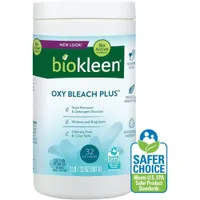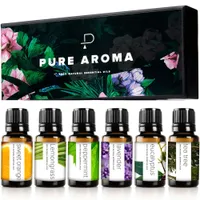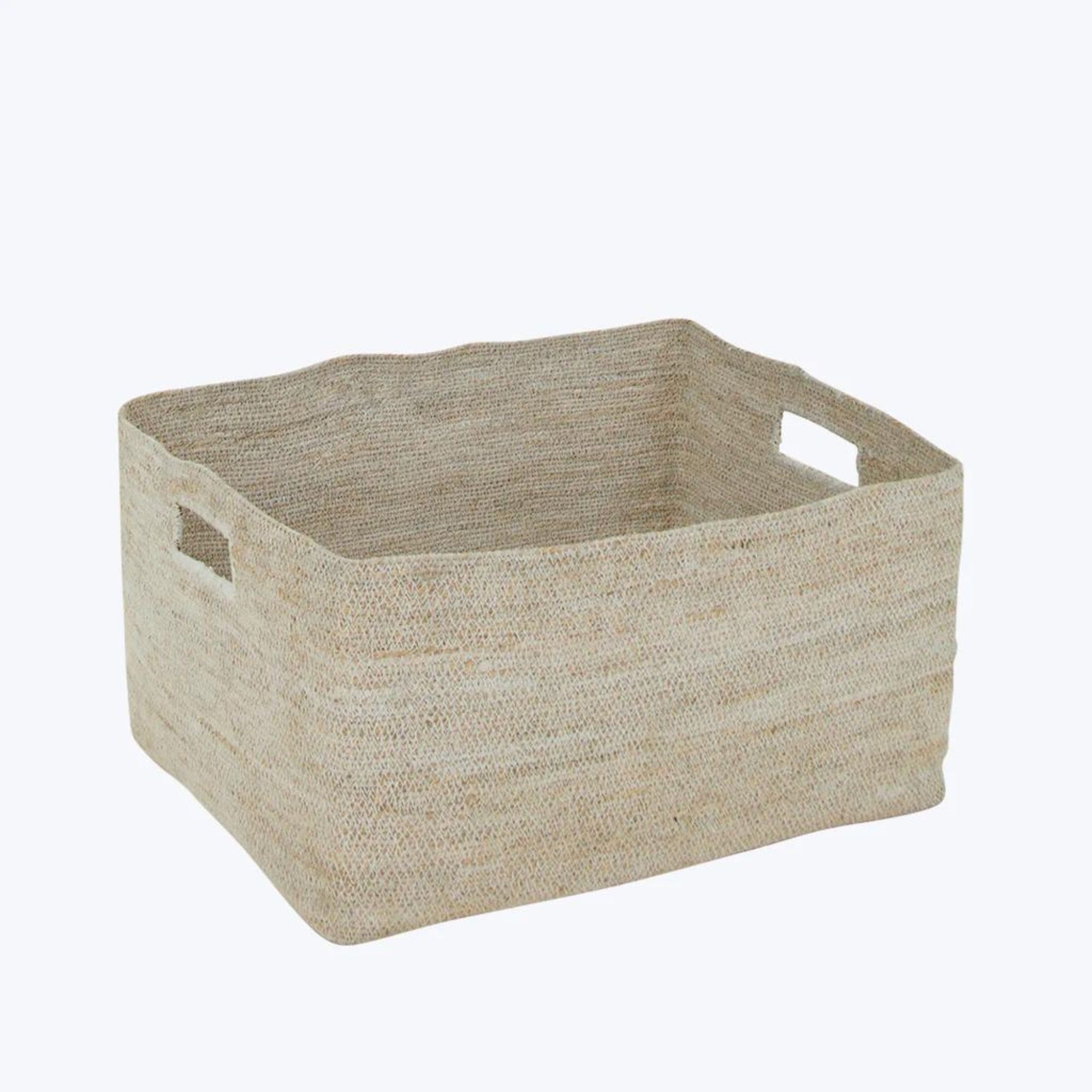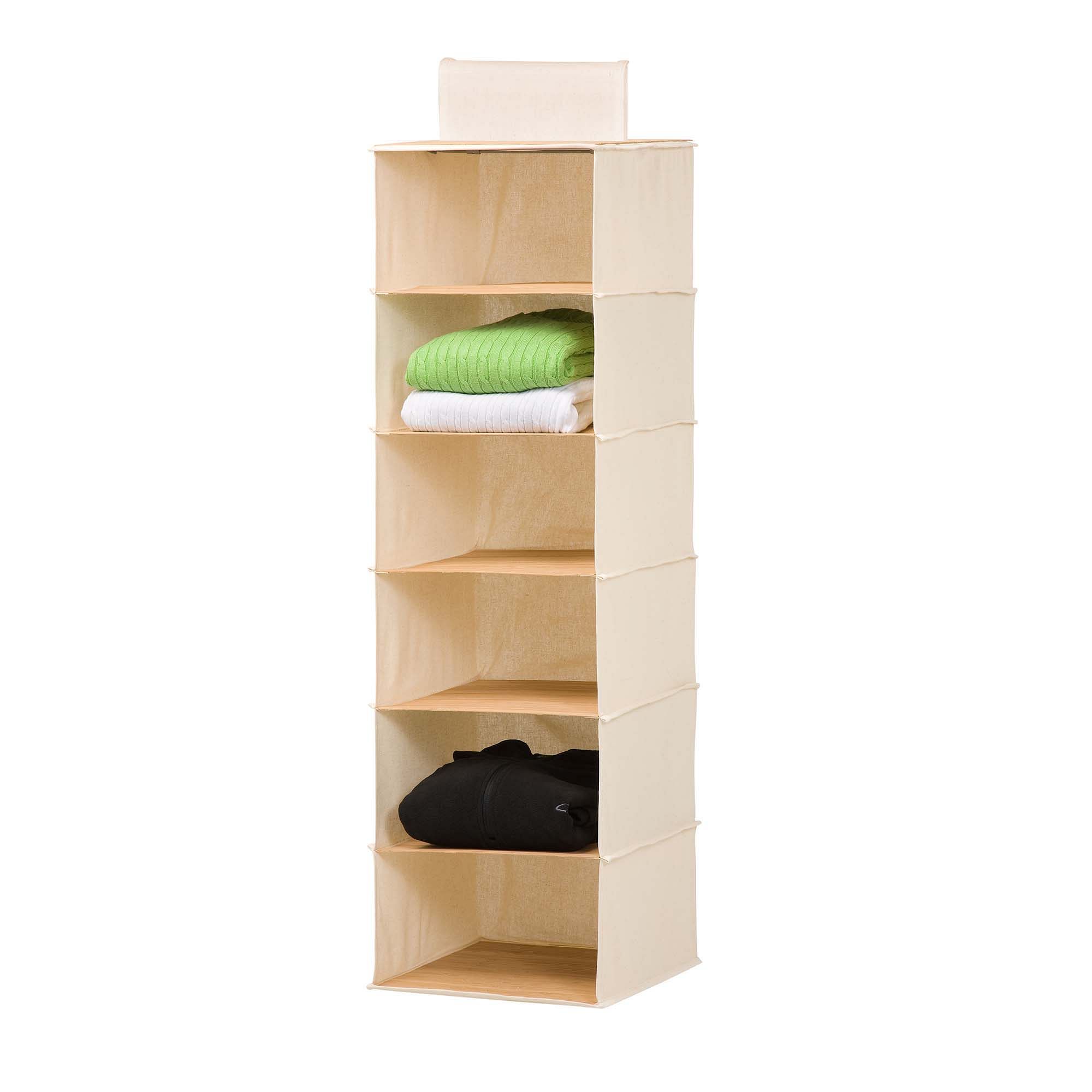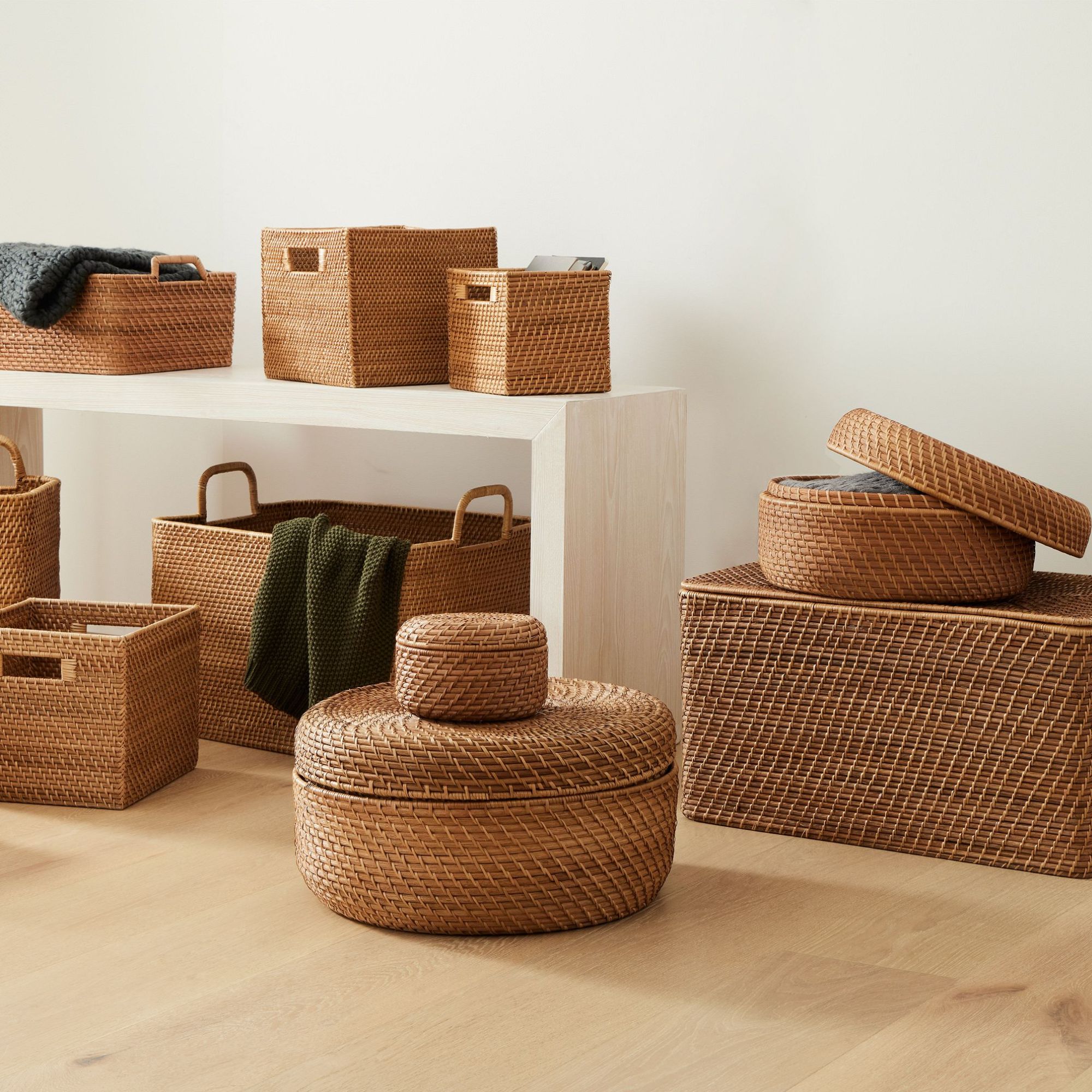Experts reveal 5 steps for getting mildew smells out of clothes and towels
How you wash, dry, and store towels and clothes can make a big difference in whether they stay fresh and odor-free

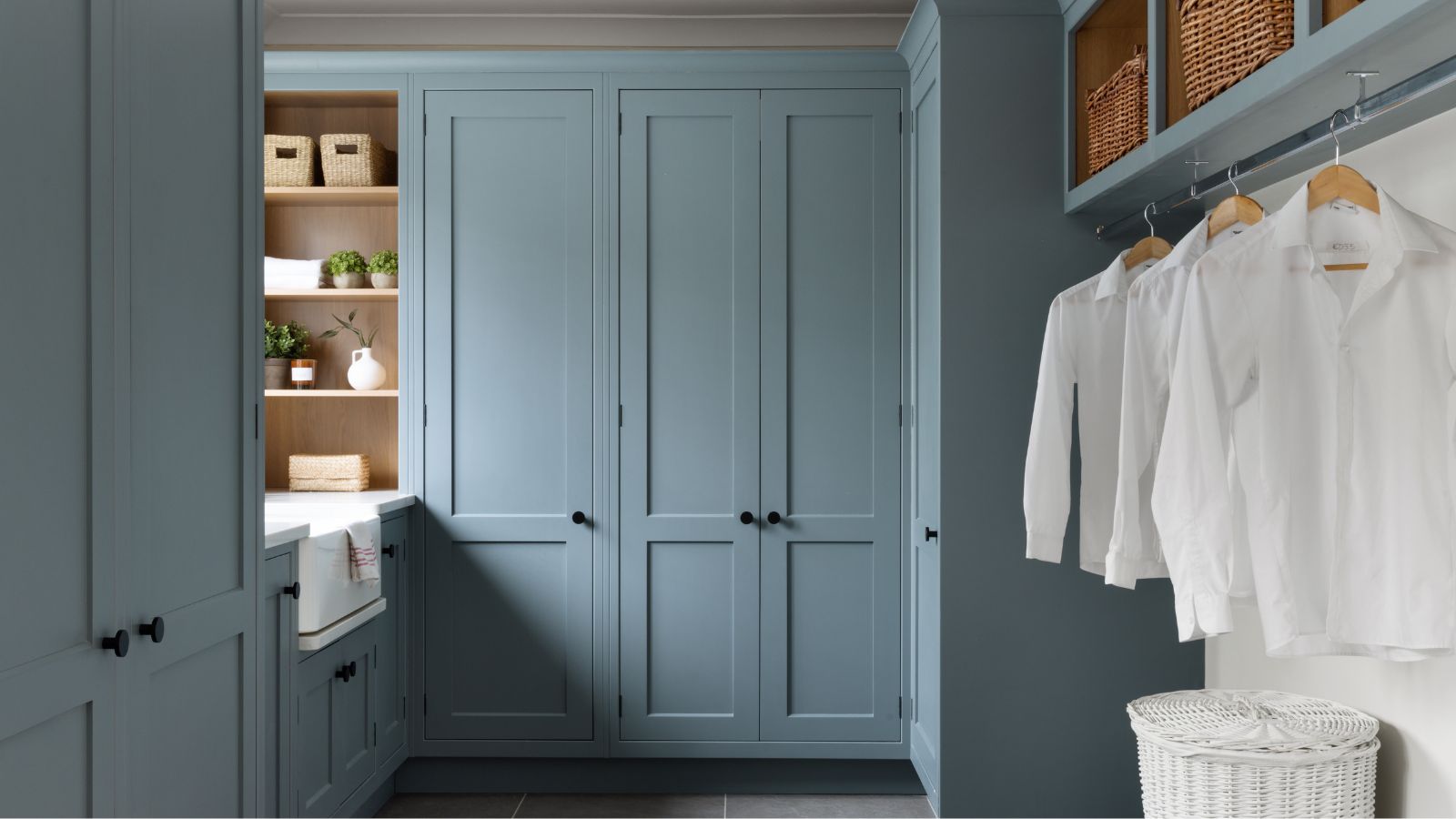
Design expertise in your inbox – from inspiring decorating ideas and beautiful celebrity homes to practical gardening advice and shopping round-ups.
You are now subscribed
Your newsletter sign-up was successful
Want to add more newsletters?

Twice a week
Homes&Gardens
The ultimate interior design resource from the world's leading experts - discover inspiring decorating ideas, color scheming know-how, garden inspiration and shopping expertise.

Once a week
In The Loop from Next In Design
Members of the Next in Design Circle will receive In the Loop, our weekly email filled with trade news, names to know and spotlight moments. Together we’re building a brighter design future.

Twice a week
Cucina
Whether you’re passionate about hosting exquisite dinners, experimenting with culinary trends, or perfecting your kitchen's design with timeless elegance and innovative functionality, this newsletter is here to inspire
Dealing with mildew smells in clothes is a common laundry challenge, especially when items are constantly exposed to moisture without being allowed to fully dry, as is often the case with towels.
Similar to getting pet hair out of laundry, eliminating mildew odors is essential to make laundry smell better but also maintain a nice-smelling closet.
Our experts have recommended five strategies people who are good at laundry always do – with the best cleaning tips to wash towels and clothes to ensure they remain fresh and odor-free and address potential laundry mistakes that may have caused mildew smells. Following these steps will prevent this issue from escalating and require you to deodorize a musty-smelling house.
How to get mildew smells out of clothes and towels
Mildew is a type of mold that thrives in humid, damp environments with poor circulation and can cause unpleasant odors on clothes and towels. To tackle mildew smells it's essential to not only remove the odor but also eliminate the underlying mold. Regular cleaning, proper drying, and storage can help prevent mildew smells from returning.
1. Pre-soak towels and clothes
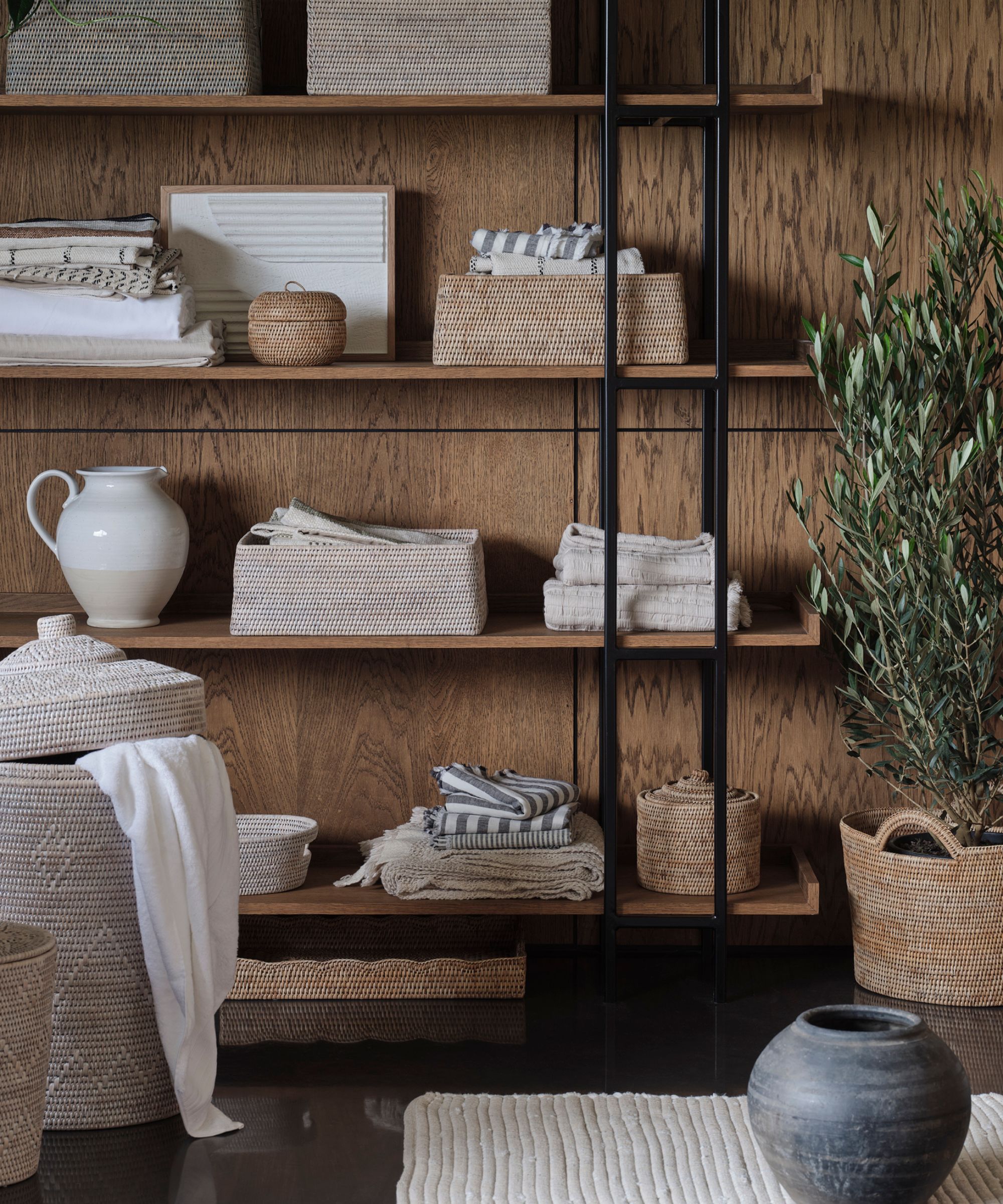
Pre-soak towels and clothes in a bucket of hot or warm water and oxygen bleach for at least 30 minutes to an hour before washing them. Use 1/4 cup of oxygen bleach per gallon of warm water. Make sure the oxygen bleach is properly dissolved in the water before adding the clothes and towels.
Pre-soaking before a wash has a few benefits. For one, it helps loosen and dislodge mildew spores embedded in fabric fibers, which makes them easier to remove during washing. It allows cleaning products to penetrate more deeply into the fabric, increasing its effectiveness in breaking down or removing odor-causing bacteria.
Soaking mildew-smelling clothes and towels in a solution containing an odor-neutralizing agent, such as oxygen bleach (or even baking soda and vinegar), helps to neutralize and eliminate the mildew odors from the fabric.
Design expertise in your inbox – from inspiring decorating ideas and beautiful celebrity homes to practical gardening advice and shopping round-ups.
Always check the care instructions of your garments and towels for any specific guidance or warnings regarding the use of oxygen bleach. And, if you don't have any on hand, you can also use aspirin as a mold-killing stain remover. Our expert led guide reveals how.
Biokleen Laundry Oxygen Bleach Plus | $18.70 from Amazon
Oxygen bleach has deodorizing capabilities and is effective at killing bacteria, fungi, viruses, and algae. It has the added advantage of having no odor.
2. Wash clothes promptly
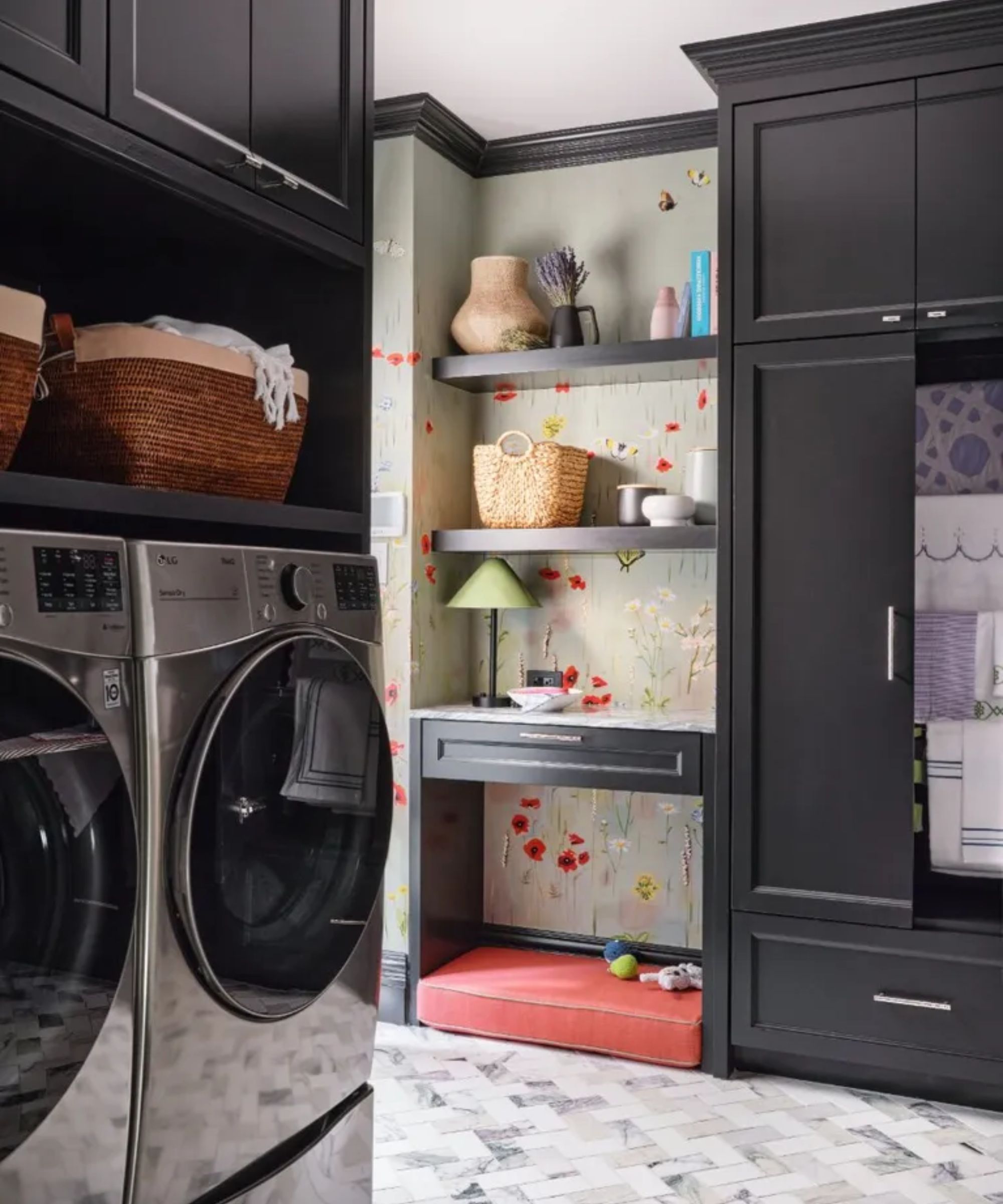
'Wash your clothes or towels as soon as you detect any mildew smells,' advises Victor Zhu, CEO of Zechuang Clothing Co. 'Using hot water and a good detergent is key, as heat helps kill the mildew spores.
'Put your clothes and towels in the washing machine. Add a cup of vinegar to the washing machine and start a hot water cycle along with the detergent. Pause the machine mid-cycle and soak the towels for 1 hour.
'For extra stubborn smells, you can also use a half cup of baking soda during the rinse cycle. This combination is very effective at neutralizing odors.'
Dario Ragnolo, founder of Tidy Town Cleaning adds: 'Run a second hot water cycle, this time adding another cup of vinegar and your usual laundry detergent.'
3. Add antibacterial fragrance
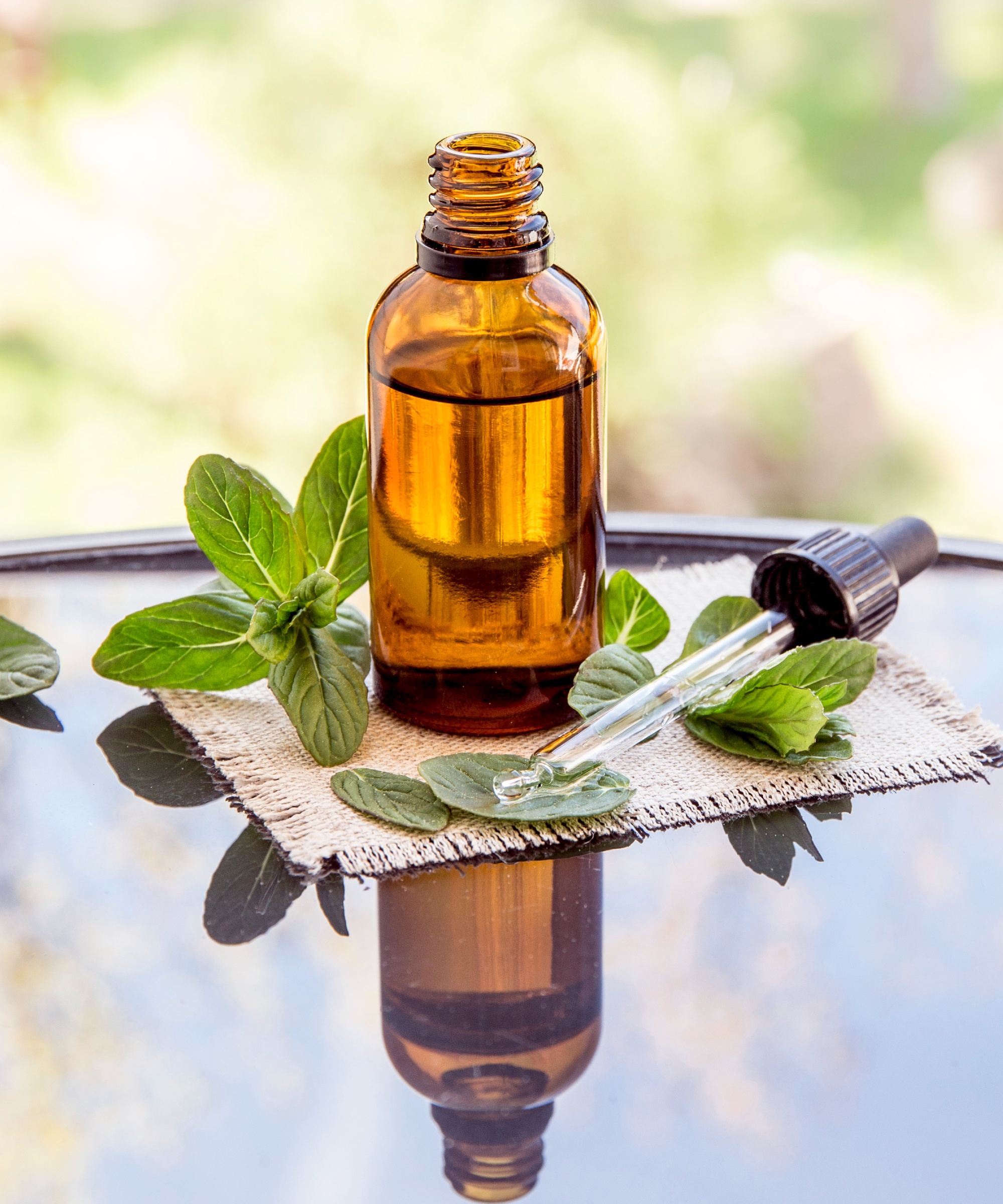
Deodorizing your clothes and towels is certainly the most important step in removing the smells of mildew from towels and clothes; however, adding fragrant scents with essential oils that have antimicrobial properties can further neutralize mildew smells while adding a pleasant smell. The fresh scent is a bonus to the cleaning technique!
This includes tea tree oil, lavender oil, lemon oil, and eucalyptus.
You can add 5-10 drops of your chosen oil to a gallon of warm water in a bucket. Soak the clothes and towels in this for thirty minutes to an hour and wash them as usual.
Essential Oils by PURE AROMA | $9.98 from Amazon
This kit includes eucalyptus, lavender, lemon grass, orange, peppermint, and tea tree essential oils.
4. Sun dry clothes
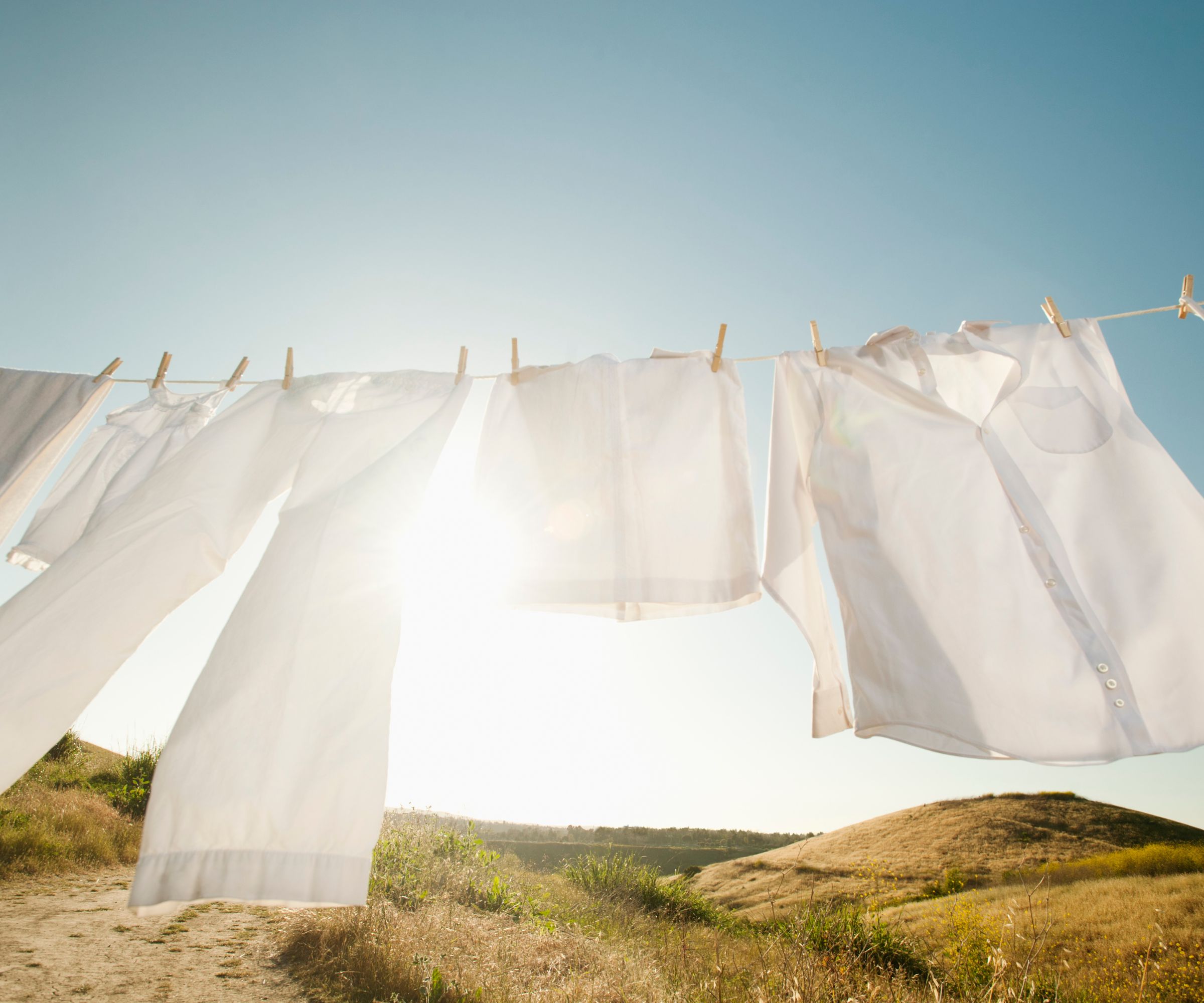
'After washing, if possible, dry the clothes or towels in direct sunlight,' advises Victor Zhu. 'Sunlight not only helps dry the fabrics completely to prevent mildew growth in the future but also acts as a natural disinfectant against mildew spores.'
Sunlight has natural antimicrobial properties, making it an effective disinfectant against mildew spores. The UV rays can penetrate the fabric and kill bacteria and fungi, which are causing the mildew smell.
5. Store clothes and towels properly

Finally, using the right techniques to store towels and linens to keep them fresh for longer can make a big difference in keeping them fresh and preventing mildew odors in the future.
This involves ensuring they are completely dry before storing them, as trapped dampness in folded fabrics creates an ideal environment for mold and mildew growth. Avoid compressing them tightly, as this restricts airflow, and store them in well-ventilated containers or areas to prevent moisture build-up, which can lead to mildew development over time.
The last measure if none of the techniques above work is to strip laundry to pull out built-up residue that can dull fabrics over time. Laundry stripping involves soaking your sheets in a mixture of hot water, borax (available at Walmart) , washing soda (also from Walmart), and a gentle laundry detergent for several hours.

Lola Houlton is a news writer for Homes & Gardens. She has been writing content for Future PLC for the past six years, in particular Homes & Gardens, Real Homes and GardeningEtc. She writes on a broad range of subjects, including practical household advice, recipe articles, and product reviews, working closely with experts in their fields to cover everything from heating to home organization through to house plants. Lola is a graduate, who completed her degree in Psychology at the University of Sussex. She has also spent some time working at the BBC.
